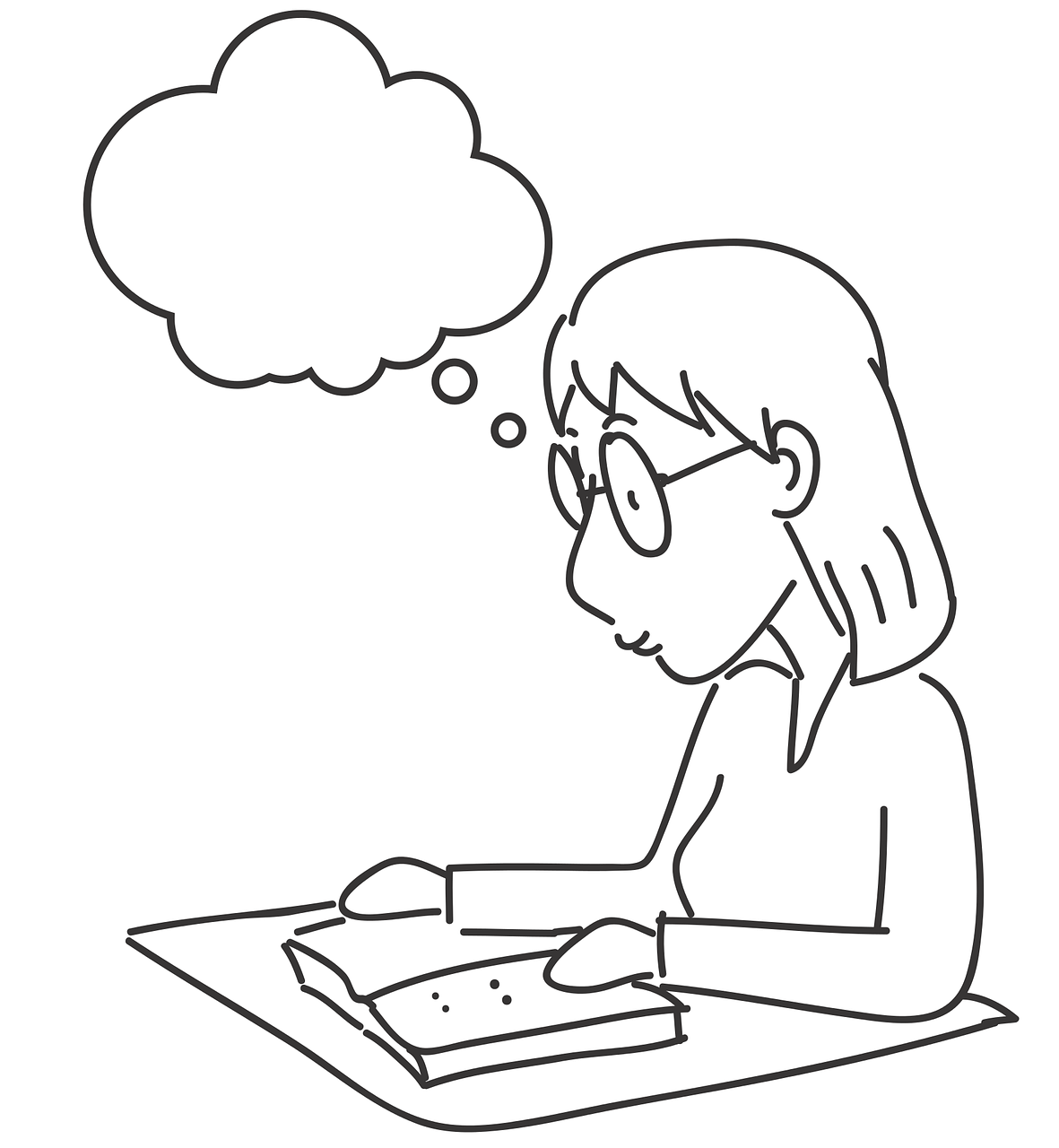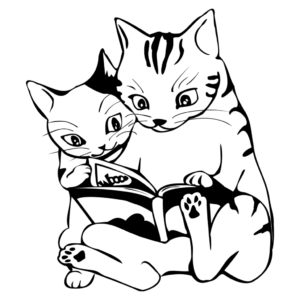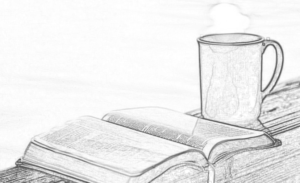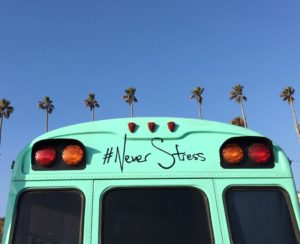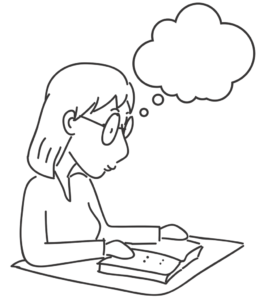Acupuncture, as an alternative medical practice, is now making headway in the Western world. It is now accepted as a drug-free treatment and method of stress relief. Practiced in China for more than 2,000 years, acupuncture is a therapeutic system that makes use of sterilized needles for the purpose of restoring the body’s equilibrium. The needles are inserted on specific vital points that correspond to a specific internal organ. The light insertion of the needle into a vital point is supposed to free the flow of internal energy or “chi.” According to Chinese medical theory, any blockage in the flow of chi in the body’s “energy streams” or meridians can an imbalance in the body — resulting to an illness. The natural flow of chi ensures a person’s general state of health. The focus of acupuncture is on restoring harmony in the flow of the chi throughout the body and, in the process, balancing the metaphysical concepts of yin and yang.
Acupuncture is used to treat a wide range of ailments such as nausea, sinusitis, migraine headaches, lower back pain, knee pain, and chronic pain. Ancient Chinese texts also claim that the acupuncture can be used to treat minor mental and emotional problem such as anxiety disorder. For this reason, some even compare the Traditional Chinese Medicine method of acupuncture to the Western medical discipline of psychology. Both are seen as similar disciplines or therapy methods that have a positive effect on the mental health of patients.
The true benefits of acupuncture are found in its efficacy as a non-invasive, drug-free means of alleviating a number of physical ailments. It is also used in conjunction with traditional Chinese herbal cures that are perceived to be as effective as modern pills and medication. Acupuncture is concerned not only with providing cure to specific ailments. It is also used to determine the causes of physical discomforts and illnesses. Acupuncture practitioners make use of body charts that show the meridians or channels where internal energy flows to different parts of the body. These meridians correspond to the Western medicine layout of the central nervous system and circulatory system.
Studies are still being made by Western doctors and other scientists to determine the efficacy of this Eastern alternative form of healing. Even if acupuncture already accepted in different parts of the world as an alternative healing method, some quarters are still skeptical about its long-term effects.
While there are still no research findings that make the curative claims about acupuncture absolutely undisputable, it is interesting to note the depth of understanding that the Chinese had about the inner workings of the human body thousands of years before the formal organization and practice of Western medicine. Perhaps, one day, scientists will finally prove that the differences between Eastern and Western medicine is found mostly in culture and terminology; and that both systems are actually alike in terms of philosophy and theory in the use of the needle as a tool for healing.

